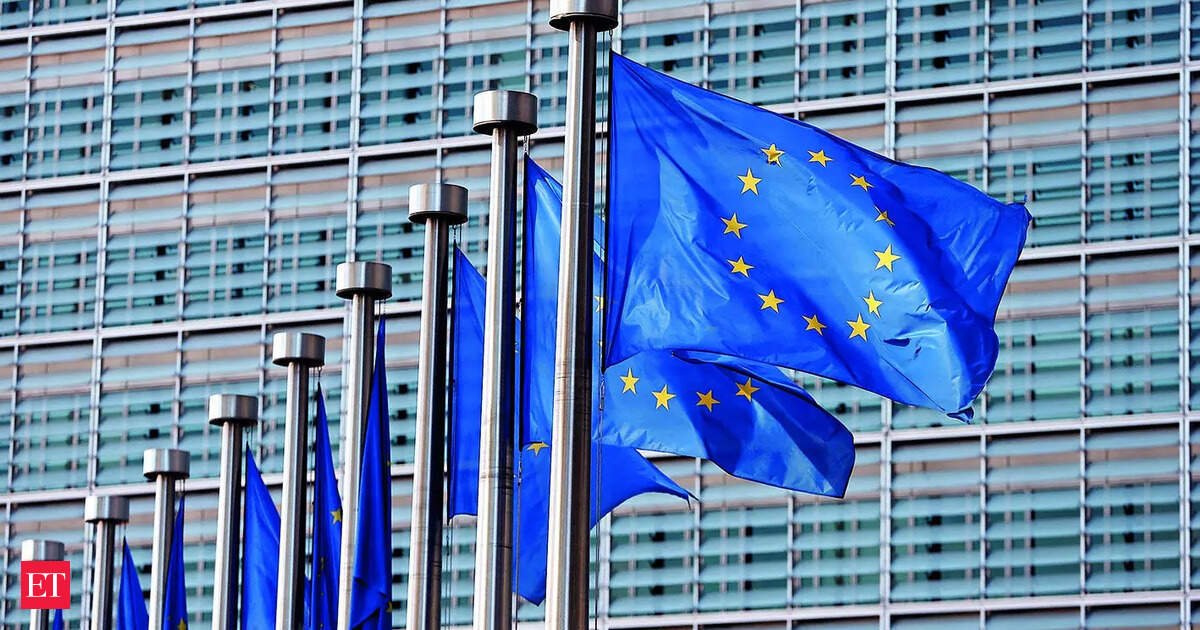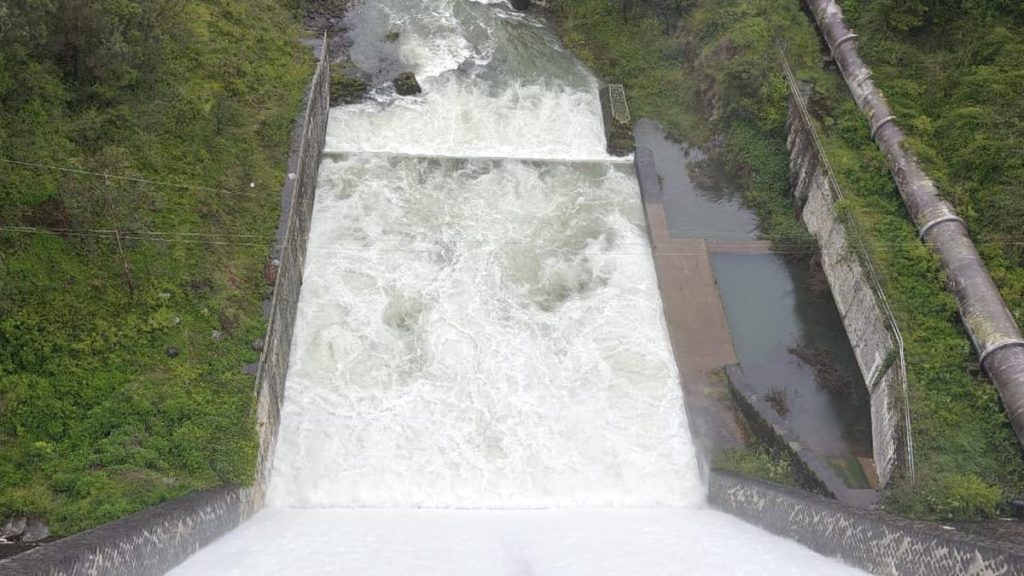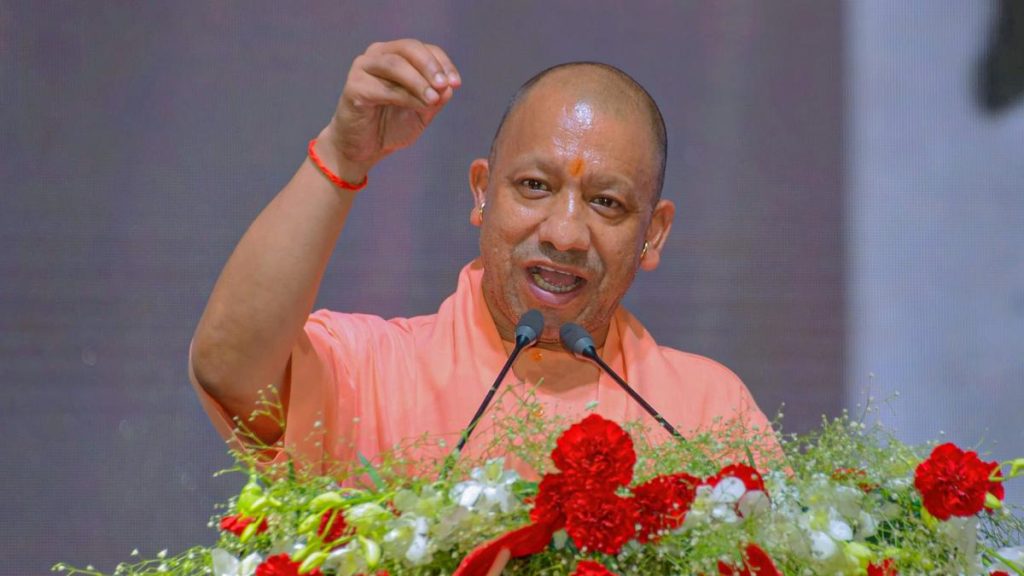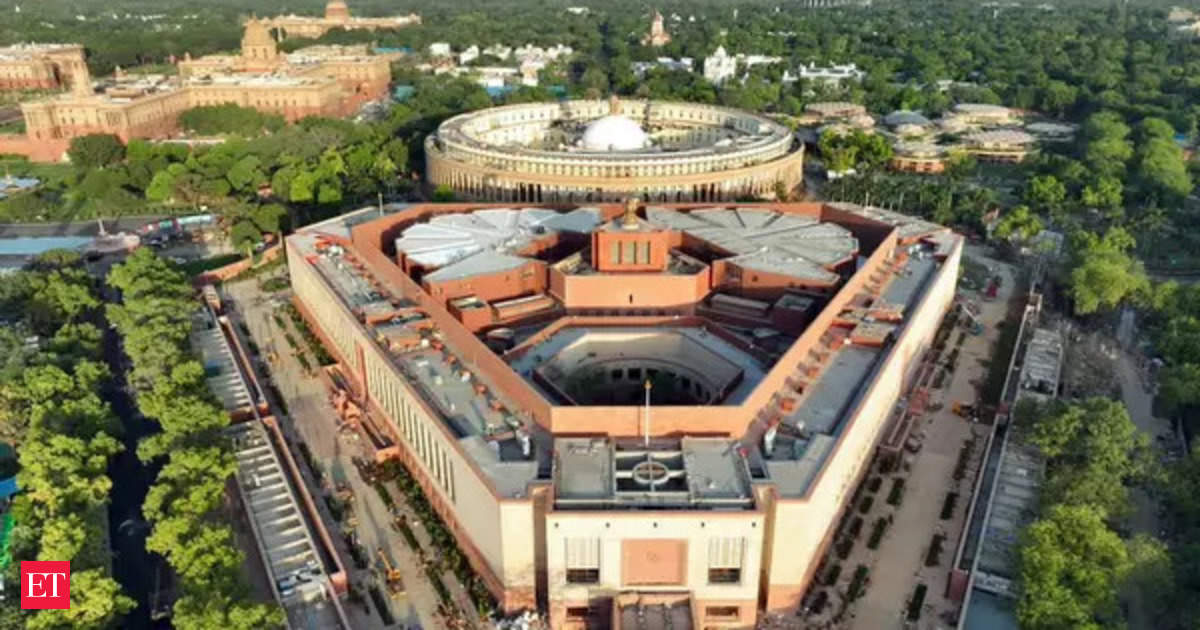Now Reading: EU Weighs Concessions to Avert US Tariffs
-
01
EU Weighs Concessions to Avert US Tariffs
EU Weighs Concessions to Avert US Tariffs

Rapid Summary:
- The European Union (EU) is considering concessions to Donald Trump’s administration to reduce US tariffs that have impacted EU exports adn are set to increase after April 2.
- Meetings in Washington revealed that reciprocal tariffs, including auto tariffs, are imminent. Discussions focused on the framework for a potential deal to manage these trade measures.
- The European Commission is preparing a “term sheet” outlining areas for negotiation with the US,such as reducing its own duties,encouraging mutual investments,and easing regulations and standards.
- Trump considers EU taxation policies like VAT unfair but the EU defends it as non-discriminatory.A spokesperson for the commission declined to comment on this matter.
- Financial markets briefly reacted: The euro erased losses shortly after the news surfaced; German bond yields fell slightly.
- Any negotiated deal by EU officials will require final approval from Trump. Reciprocal duties will affect most goods imported by the US from Europe unless resolved.
- Separately, Apple and Meta face fines under new EU Big Tech competition rules. Penalties may be relatively light compared to previous antitrust actions but mark enforcement of digital regulations without escalating tensions with Trump.
Indian Opinion Analysis:
The ongoing tariff disputes between the US and EU signal a meaningful shift in global trade dynamics which could indirectly impact India’s economic relations with both regions. While India may not be directly involved in these negotiations, changes in trade flows or strained relationships between major economies can influence market stability globally.As an example, shifts stemming from altered auto tariff agreements or regulatory adjustments might create opportunities or challenges for Indian exporters competing internationally-and especially within sectors affected by transatlantic deals.
Additionally, enforcement of digital regulations targeting companies like Apple and Meta highlights stricter compliance standards shaping global tech ecosystems-an area closely watched by Indian regulators aiming to balance innovation with regulation amidst its expanding digital economy.
India’s strategy should include monitoring evolving norms that emerge from such negotiations as they could have longer-term implications on bilateral agreements involving similar disputes or arbitration models seen later in multilateral forums.

























